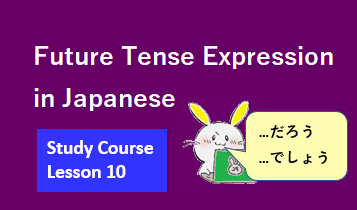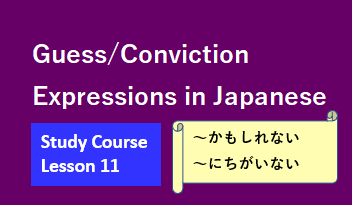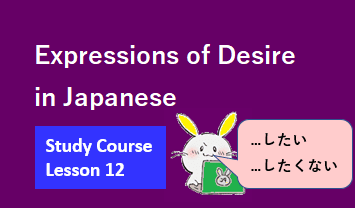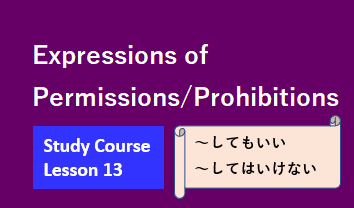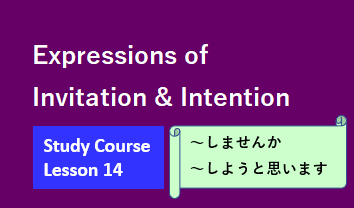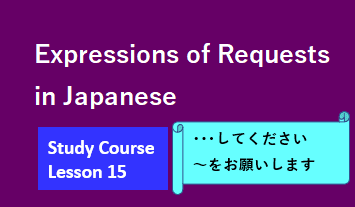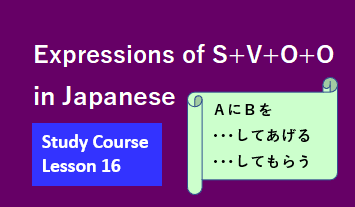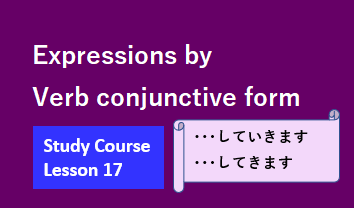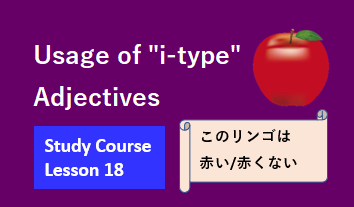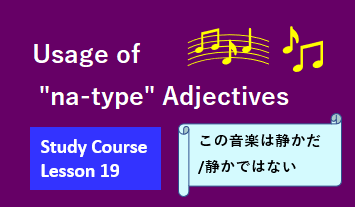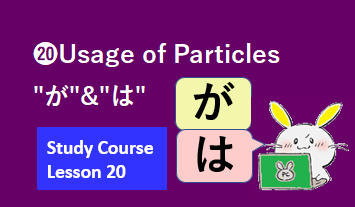Japanese Study Course Lesson3

Hello everyone. I'm Lady JJ. Nice to meet you! Welcome to Japanese Study Course.
In lesson 3, we will study noun predicate sentences and adjective predicate sentences in Japanese. Japanese is classified into the following three predicate sentences.
3-1 Noun predicate sentence
(1)What is a noun predicate sentence ?
- Noun predicate sentence
- Adjective predicate sentence
- Verb predicate sentence
- Japanese grammatical constructions like "A は B です。" are called noun predicate sentences.
- The noun predicate part "B です" consists of 'Noun + Auxiliary verb' and has no verb, so it is called the noun predicate sentence.
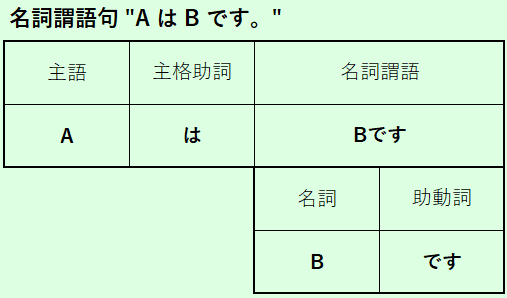
(2)A は B です。( A is B. )

"A は B です。" means "A is B." For example, "I am JJ." says "私はJJです。"
- This is my luggage.
- Ordinary:これは私の荷物だ。
- Politely:これは私の荷物です。
- Replacing "だ" with "です" makes it more polite.
◆Detailed explanation
- Ordinary:これは私の荷物だ。
- これ(subject)+は(nominative particle)+私の荷物だ(noun predicate)。
- 私の荷物だ(noun predicate)➡私の(personal pronoun possessive)+荷物(noun)+だ(auxiliary verb, affirmation)
- Politely:これは私の荷物です。
- これ(subject)+は(nominative particle)+私の荷物です(noun predicate)。
- 私の荷物です(noun predicate)➡私の(personal pronoun possessive)+荷物(noun)+です(auxiliary verb, polite affirmation)
◆Vocabulary note
| 荷物:(noun) luggage だ :(auxiliary verb, affirmation) the auxiliary verb for affirmations です:(auxiliary verb, polite affirmation) the auxiliary verb for polite affirmations |
(3)A は B ではありません。( A is not B. )
"A は B ではありません" means "A is not B." For example, "This is not my luggage." says "これは私の荷物ではありません。"Where did my luggage go?"

- This is not my luggage.
- Ordinary:これは私の荷物ではない。
- Politely:これは私の荷物ではありません。
- Replacing "ない" with "ありません" makes it more polite.
◆Detailed explanation
- Ordinary:これは私の荷物ではない。
- これ(subject)+は(nominative particle)+私の荷物ではない(noun predicate)。
- 私の荷物ではない(noun predicate)➡私の(personal pronoun possessive)+荷物(noun)+ではない(collocation phrase, negation)
- Politely:これは私の荷物ではありません。
- これ(subject)+は(nominative particle)+私の荷物ではありません(noun predicate)。
- 私の荷物ではありません(noun predicate)➡私の(personal pronoun possessive)+荷物(noun)+ではありません(collocation phrase, polite negation)
◆Vocabulary note
| ではない :(collocation phrase, negation) a collocation phrase for negation in a noun predicate sentence ではありません:(collocation phrase, polite negation) a collocation phrase for polite negation in a noun predicate sentence |
To make it easier for the reader to understand, in KANBE Ryusho's room, "ではない/ではありません" is indicated as a collocation phrase that is placed in a noun predicate to indicate a negative. The correct syntax is explained in detail below.「ではない」➡で(conjunction particle)+は(adverbial particle)+ない(auxiliary verb, negation)、「ではありません」➡で(conjunction particle)+は(adverbial particle)+あり(verb "ある", consecutive form)+ませ(auxiliary verb "ます", polite)+ん(auxiliary verb, negation)
(4)A は B ですか。( Is A B ? )
- If you add "か(ka)" to the end of an affirmative sentence, it becomes an question sentence.
- "か" is a particle that indicates a question.
- Is this all your luggage?
- Ordinary:これはあなたの荷物か。
- Politely:これはあなたの荷物ですか。
- Replacing "か" with "ですか" makes it more polite.
◆Detailed explanation
- Ordinary:これはあなたの荷物か。
- これ(subject)+は(nominative particle)+あなたの荷物か(noun predicate)。
- あなたの荷物か(noun predicate)➡あなたの(personal pronoun possessive)+荷物(noun, basic form)+か(ending particle, question)
- Politely:これはあなたの荷物ですか。
- これ(subject)+は(nominative particle)+あなたの荷物ですか(noun predicate)。
- あなたの荷物ですか(noun predicate)➡あなたの(personal pronoun possessive)+荷物(noun)+です(auxiliary verb, polite affirmation)+か(ending particle, question)
3-2 Adjective predicate sentence
(1)What is an adjective predicate sentence ?
- Japanese grammatical constructions like "A は B が好きです。" are called Adjective predicate sentences.
- The adjective predicate part "好きです" consists of 'Adject + Auxiliary verb' and has no verb, so it is called the adjective predicate sentence.
- The grammatical structure of "A は B が好きです。" has a title and a subject, with "A" being the title and "B" being the subject.
- The title has the title particle "は", and the subject has the nominative particle "が".
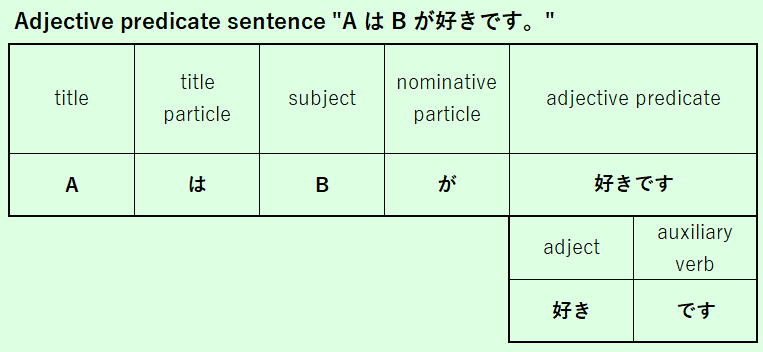
(2)あなたは A が好きですか、それとも B が好きですか。(Do you like A or B ?)
- Use the conjunction "それとも" when asking "Do you like A or B ?" in a multiple-choice question.
- Furthermore, the part of "listening to music" in English becomes the real subject of this Japanese sentence such as "私は音楽を聴くのが好きです。" or "私は音楽を聴くことが好きです。". At this time, you have to use a structural particle "の" or a structural noun "こと".
I like listening to JJ's lectures. In Japanese it is "私はJJのレクチャーを聴くのが好きです。"

- Do you like listening to music or watching movies?
- Ordinary:あなたは音楽を聴くのが好きか、それとも映画を見るのが好きか。
- Politely:あなたは音楽を聴くのが好きですか、それとも映画を見るのが好きですか。
- Replacing "か" with "ですか" makes it more polite.
◆Detailed explanation
- Ordinary:あなたは音楽を聴くのが好きか、それとも映画を見るのが好きか。
- あなた(title)+は(title particle)+音楽を聴くの(subject)+が(nominative particle)+好きか(adjective predicate)、それとも(conjunction)+映画を見るの(subject)+が(nominative particle)+好きか(adjective predicate)。
- 好きか(adjective predicate)➡好き(adjective)+か(ending particle, question)
- Politely:あなたは音楽を聴くのが好きですか、それとも映画を見るのが好きですか。
- あなた(title)+は(title particle)+音楽を聴くの(subject)+が(nominative particle)+好きですか(adjective predicate)、それとも(conjunction)+映画を見るの(subject)+が(nominative particle)+好きですか(adjective predicate)。
- 好きですか(adjective predicate)➡好き(adjective)+です(auxiliary verb, polite affirmation)+か(ending particle, question)
- 音楽を聴くの(subject)➡音楽(object)+を(object particle)+聴く(verb)+の(structural particle)
- 映画を見るの(subject)➡映画(object)+を(object particle)+見る(verb)+の(structural particle)
◆Vocabulary note
| 音楽 :(noun) music 聴く :(verb) listen 好き(な):(adjective) like それとも :(conjunction) or 映画 :(noun) movie 見る :(verb) watch |
There are two types of adjectives: "i-adjectives" such as "赤い" that are used for "赤いリンゴ" and "na-adjectives" such as "好きな" that are used for "好きな歌". I will explain it in detail when I study adjectives.
In Japanese, "watch", "look", and "see" are all expressed as "見る" without any difference in expression.
Originally, the subject is expressed as "音楽を聴くこと", but the expression of "音楽を聴くの" is in the form of adding the structural particle "の" instead of "こと".


Noun predicate sentences and adjective predicate sentences are the basic structures of Japanese grammar. In the next section we will study a Verbal predicate sentence with object in detail. See you next time! Bye!
See you next lesson!

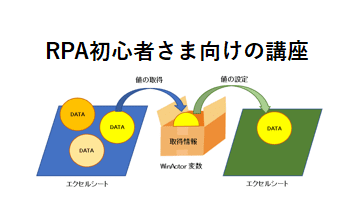

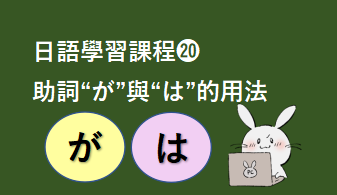






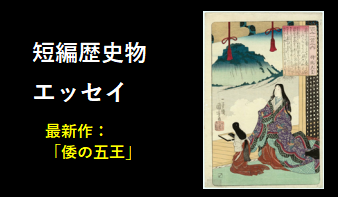
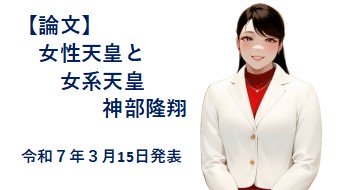
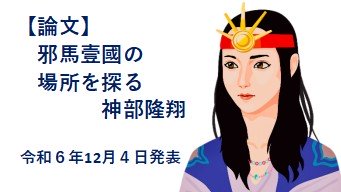


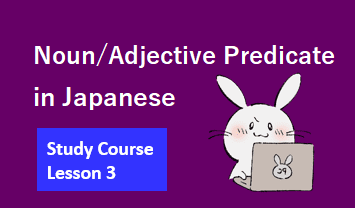



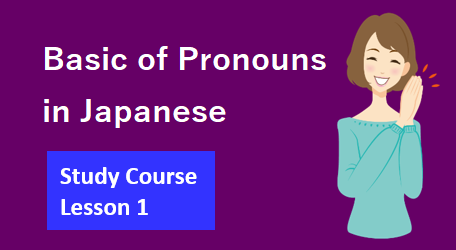
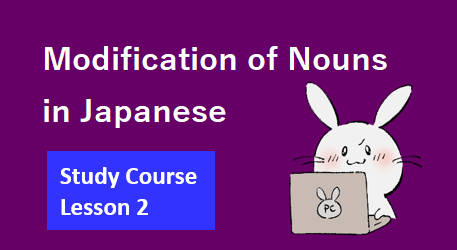


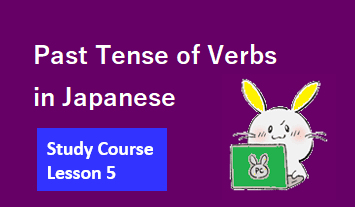
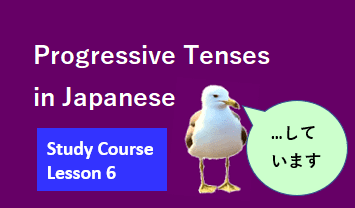
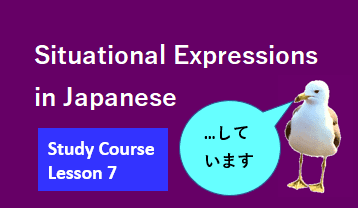
![❽Possible Expressions [1]](https://ryusho-kanbe.com/wp-content/uploads/2023/04/スクリーンショット-2023-04-03-100754.png)
![❾Possible Expressions [2]](https://ryusho-kanbe.com/wp-content/uploads/2023/04/スクリーンショット-2023-04-28-095816.png)
